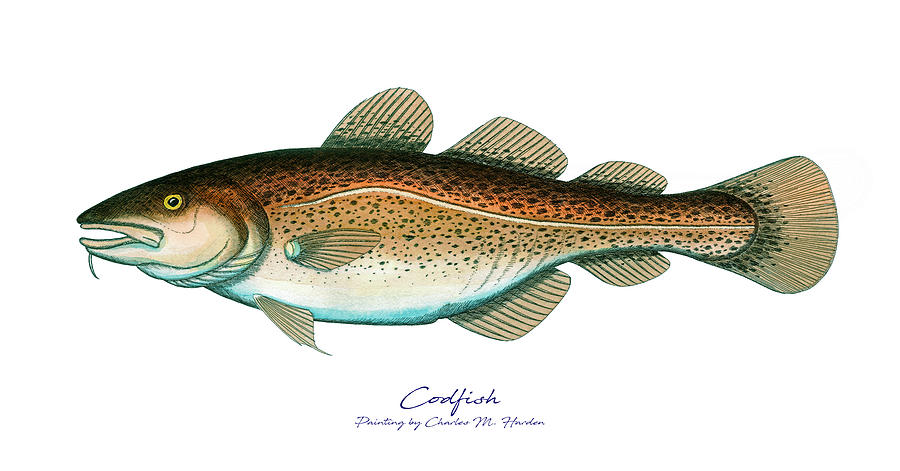Change Islands September 2019
Within a couple of days of our arrival on Change Islands, Newfoundland, neighbours asked if we would like a meal of cod. There is a personal or recreational fishery in Newfoundland and Labrador which allows individuals to catch up to five groundfish, including cod, per day through periods of the summer. It's very popular and lots of Newfoundlanders return to their outport communities to participate. We appreciated the generosity of folk who were sharing their catch.
We were surprised to discover that there is also a commercial cod fishery after more than two decades of a moratorium in the province. The small fish plant on Change Islands as well as a couple of plants on Fogo Island were processing cod while we were there and we ate cod in restaurants. As the photo above indicates we were a small part of a larger appreciative audience for fishers cleaning their catch.

Charles Harden
I've snooped around online and it seems that there were really promising signs of recovery of the cod stocks the past couple of years, although nothing compared to fifty years ago and earlier. But this year the fish are scarcer, which is a warning sign about over-fishing a fragile stock.
The community of Change Islands was once home to about 1500 people while today the population is less than two hundred with only a handful of people making a living in the fishery. Those residents of another time supported their faith communities, filling their churches. In some places there was an annual Blessing of the Fleet where prayers were offered for the safety of crews and an abundant harvest from the sea.
This week a United Nations report which the work of 104 scientists from 36 countries from around the world sounded yet another alarm about the effect of climate change on the oceans. It states that:
Ocean warming and acidification, loss of oxygen and changes in nutrient supplies, are already affecting the distribution and abundance of marine life in coastal areas, in the open ocean and at the sea floor. Shifts in the distribution of fish populations have reduced the global catch potential. In the future, some regions, notably tropical oceans, will see further decreases, but there will be increases in others, such as the Arctic. Communities that depend highly on seafood may face risks to nutritional health and food security.
I think once again of an image created by Newfoundland artist David Blackwood which is of his late uncle, the Master Mariner of the title for the work. It is a lament though, for a lost way of life, one we can hope will be restored, even if partially. There is a biblical reference from the book of Hosea tucked along the bottom:
Therefore the land mourns,
and all who live in it languish;
together with the wild animals
and the birds of the air,
even the fish of the sea are perishing.
Hosea 4:3
In Hosea there is also the promise of restoration. You may have heard of a goofy tourist tradition in Newfoundland which involves kissing a cod. Maybe some better cod love is prayers for the recovery of a species with a face that perhaps only God can love.

Master Mariner -- David Blackwood

No comments:
Post a Comment